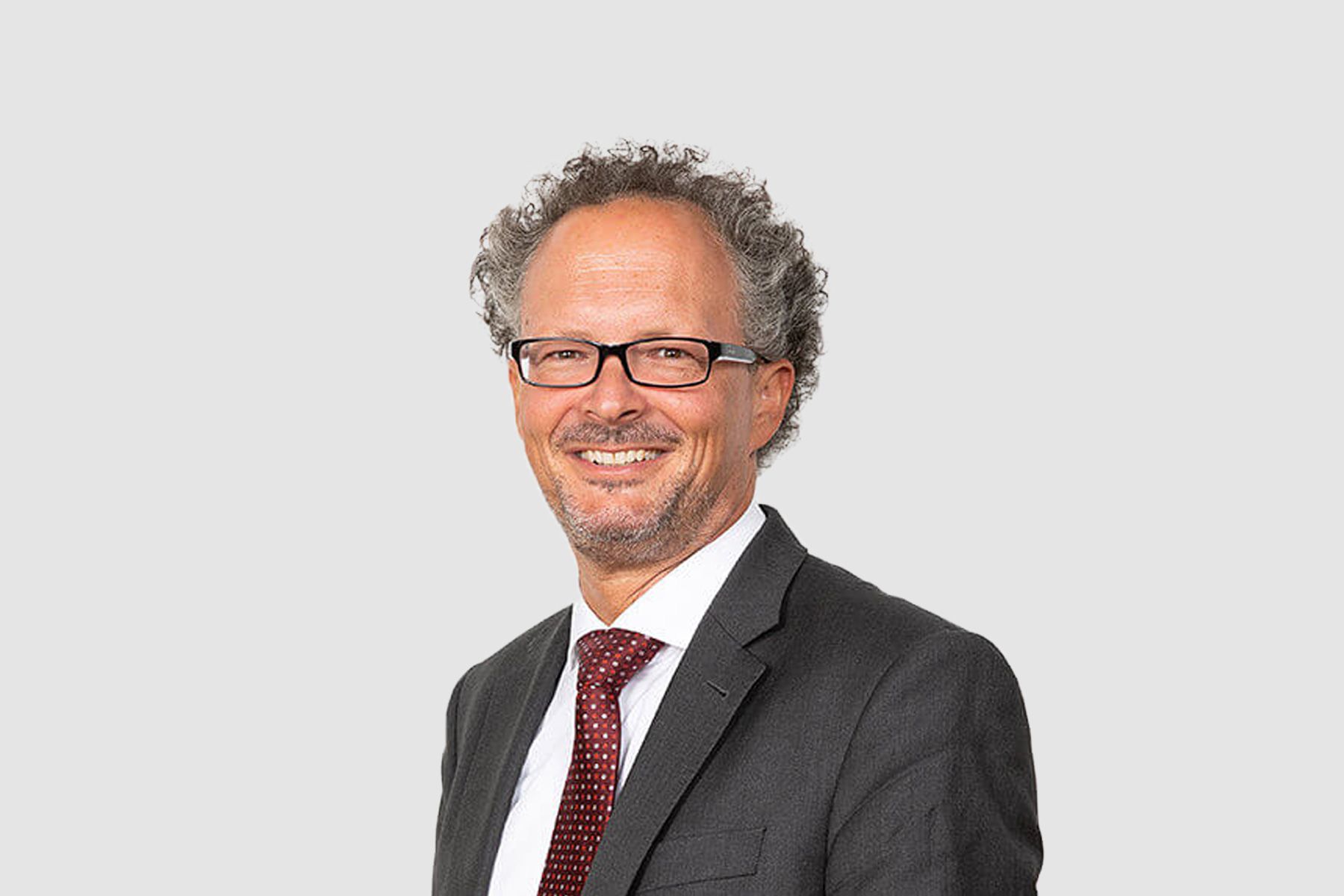Interview with Prof. Dr Peter Leibfried, Director of the Institute for Accounting, Controlling and Auditing at the University of St. Gallen.

Prof. Dr. Peter Leibfried
Businesses find themselves facing many challenges as a result of economic sanctions against Russia. What should they keep in mind now from an accounting perspective?
That depends greatly on their business model. The hardest-hit companies are especially those where the Russian market accounts for a substantial portion of sales. In such cases, there are questions about how to measure current assets (recoverability of inventories, ability to collect on outstanding claims). But fixed assets could also be impacted: that’s obviously the case if the company has assets in Russia, but even local production plants could be impaired if their sales outlooks change substantially.
What I’m much more concerned about, though, are the long-term consequences, particularly when it comes to cost structures. We have to get used to the idea of permanently higher raw material prices, changed supply relationships and a sharp rise in public-sector financing requirements. And all that comes on the heels of two COVID years, which has already left deep furrows. It will negatively impact profitability at many businesses and weigh on private consumption. This will also have very a tangible impact on accounting, especially in the area of valuations. I hope it doesn’t trigger a downward spiral.
How is audit positioned with respect to university study programs, particularly at the University of St. Gallen?
As I understand it, of the universities in Switzerland, the University of St. Gallen has the most resources invested in the area of auditing – in part due to ample support from the field, with my KPMG Chair of Audit and Accounting being a prime example. The enormous importance of accounting and audit at the University of St. Gallen goes back to the 1970s and a man called Professor André Zünd, who also proposed the Swiss GAAP FER. It goes to follow that the Master in Corporate Finance and Accounting (MACFin) program has been the University’s largest German-language master’s program for years and is extremely popular. This program can be completed in either German or English and features numerous audit-related events, like a multi-day audit simulation and specializations in the areas of bank and insurance company audits or providing audit and advisory services to SMEs. The compulsory bachelor’s program already includes basic audit training, though, because even if you don’t go into auditing later on, you’re almost sure to come into contact with the industry at some point in time, either as an audit client or as the recipient of financial information. That makes it vital for people to understand where this profession and its activities fit in. Furthermore, accounting and audit still give you the best professional background for taking on general management tasks later on.
Financial scandals keep popping up in the media that cause the general public to shake their heads and auditors rarely remain unscathed. How can auditors strengthen people’s trust in their profession?
I generally understand the public reaction to these scandals. You expect the economic and social elite to conduct themselves in an exemplary manner but then things happen that don’t line up with that expectation and that undermines people’s trust in the system. However, that disappointment isn’t always because somebody wasn’t doing their job right; it’s often attributable to having the wrong expectations. That’s precisely where the profession needs to take action. And that’s what it’s doing. More specifically, we must keep wanting to close this expectation gap. In other words, narrowing the discrepancy between what an auditor can actually do and what the public wants them to do, which is to ensure that businesses are successful, follow all laws and regulations and never get into trouble. But that’s neither realistic nor attainable; in a free, dynamic economic system, it’s an illusion. And the profession as a whole has to make every effort to shed light on the issue and inform people. The audit industry is already going to great lengths to reduce risks – and we have to emphasize that more strongly. At the Chair a few years ago, for example, we collaborated with industry representatives to examine the extent to which mistakes in audit reports are identified and corrected before an audit report is submitted. A substantial number of them, as it turns out. Yet the challenge remains. Especially since the past few years have seen society become increasingly intolerant of unexpected outliers and an “assurance mentality” has taken hold in many cases.
Audit rotation is an important issue for businesses. The EU calls for auditors to be rotated every ten years whereas in Switzerland, it’s the lead auditor that has to be rotated every seven years. No regulations of the sort exist in the US, the world’s largest capital market. What do you think of these different regulations?
Of course, I’d like to start out by saying that having different approaches to the matter isn’t ideal: many Swiss companies have international operations and that raises a host of different questions. In material terms, though, I’m clearly of the opinion that our local solution is probably preferable. Scientific evidence on the matter is inconclusive. After all: true audit failures – meaning the approval of annual financial statements despite the presence of material mistakes – largely occur in two different situations: the first of which being shortly after a new audit firm takes over as auditor and the second being if the same auditors have been in office for a very, very long time. To me, the Swiss approach, which limits the legal rotation requirement to the lead auditor and, in line with international guidelines, other key persons involved in the engagement, seems like a balanced compromise. That approach not only preserves the audit firm’s expertise, which is beneficial to the audit, but new people also bring along a certain amount of independence and new points of view. What’s more, the principle of “good governance” also makes conducting the occasional tender for the audit engagement a good idea. That’s why I hope our local solution will remain intact for as long as possible.
Will digitalization completely change auditing?
We’re in the midst of those changes right now. And incidentally, it usually isn’t the audit firms themselves that are the decisive factor, rather the firms’ clients, who must first create the prerequisites for digital audits. Regulators are also currently having a hard time finding a way to wed artificial intelligence with professional judgment. Things are proceeding more quickly in other areas of our lives, like in medicine, for example. There’s no doubt about it, though: digitalization will usher in many changes. I should mention, though, that I don’t actually view this as a threat, rather as an enrichment and even an upgrade, particularly for younger employees. Because a lot of the manual heavy lifting can now be carried out much more quickly and efficiently using digital tools, which creates leeway for more technically demanding, more entrepreneurial topics. We’re going to have to gear our recruitment, training and continuing education toward this, as well. To meet these changing needs, we’re now offering “Digital Auditing” as part of the Master in Accounting and Corporate Finance program at the University of St. Gallen – incidentally taught by a specialist from KPMG – and the University has even created its own computer science department in the past few years.



